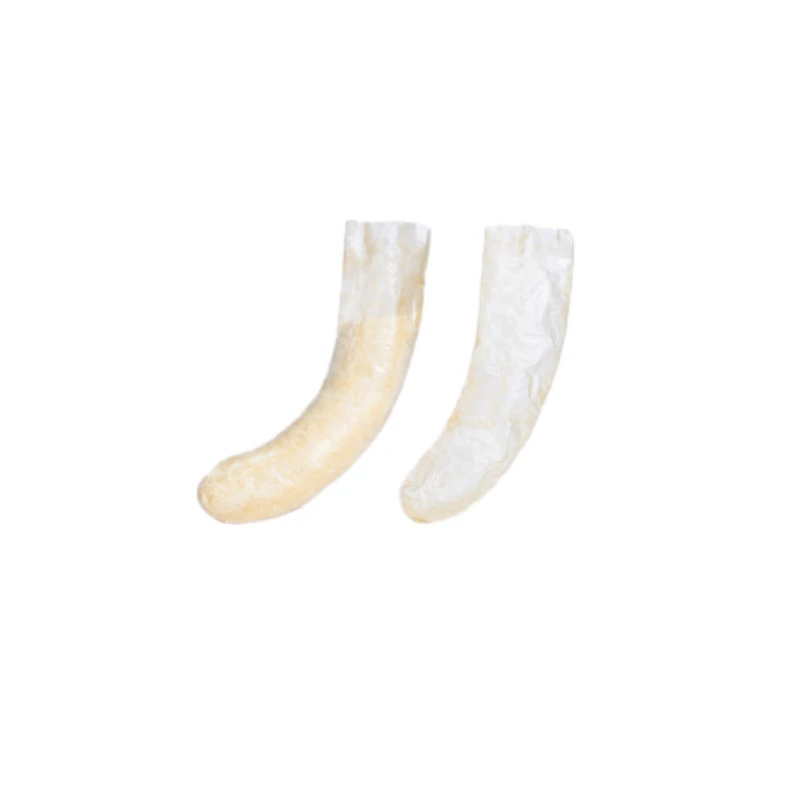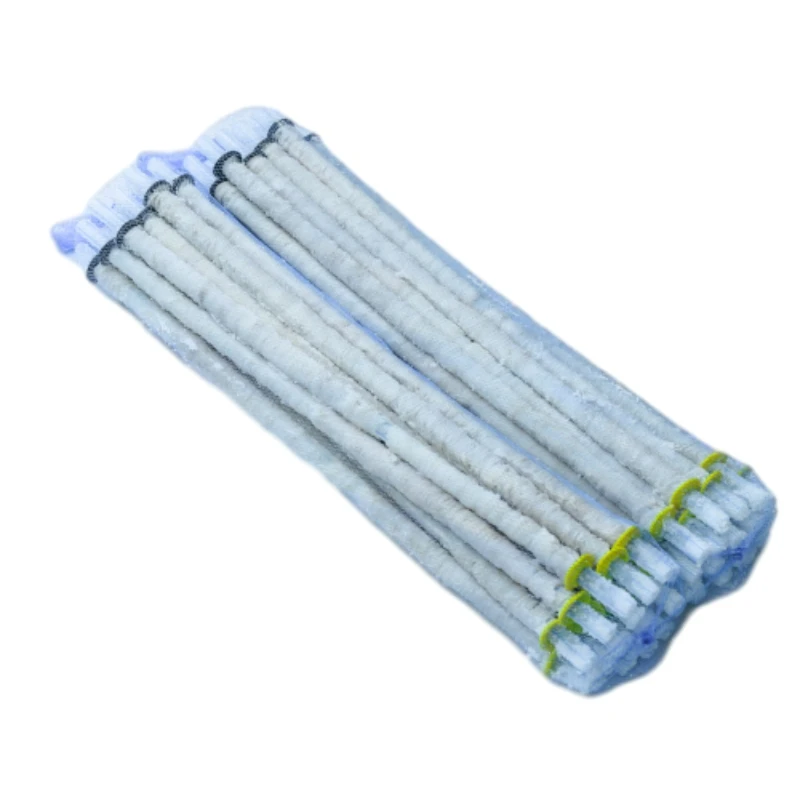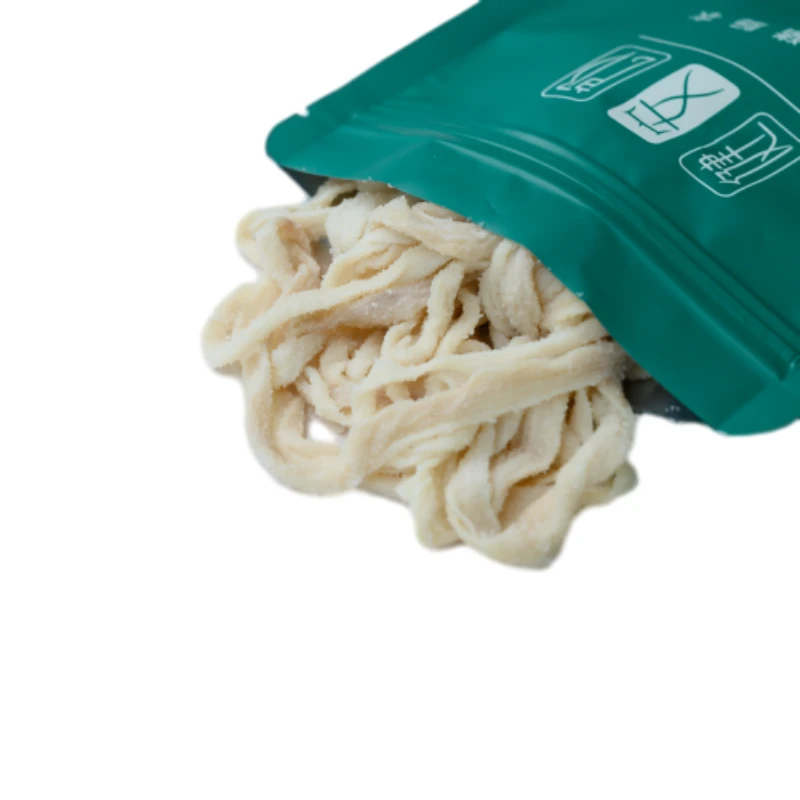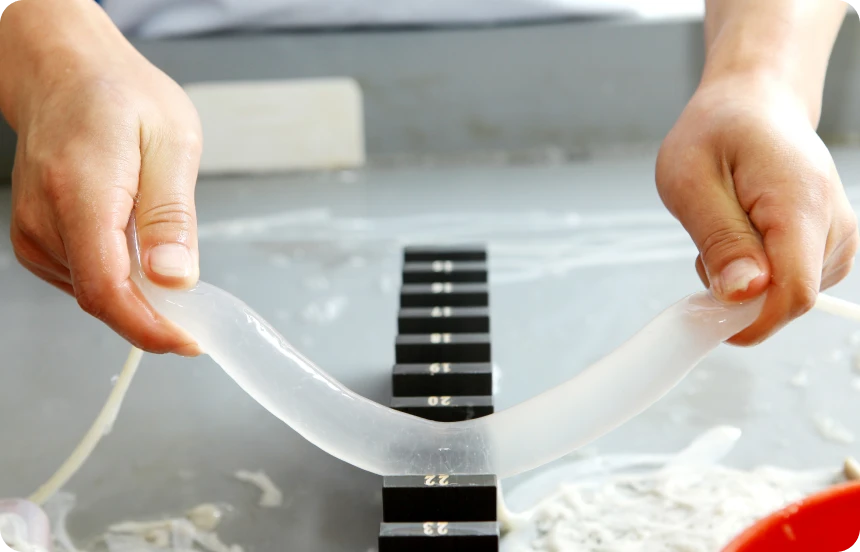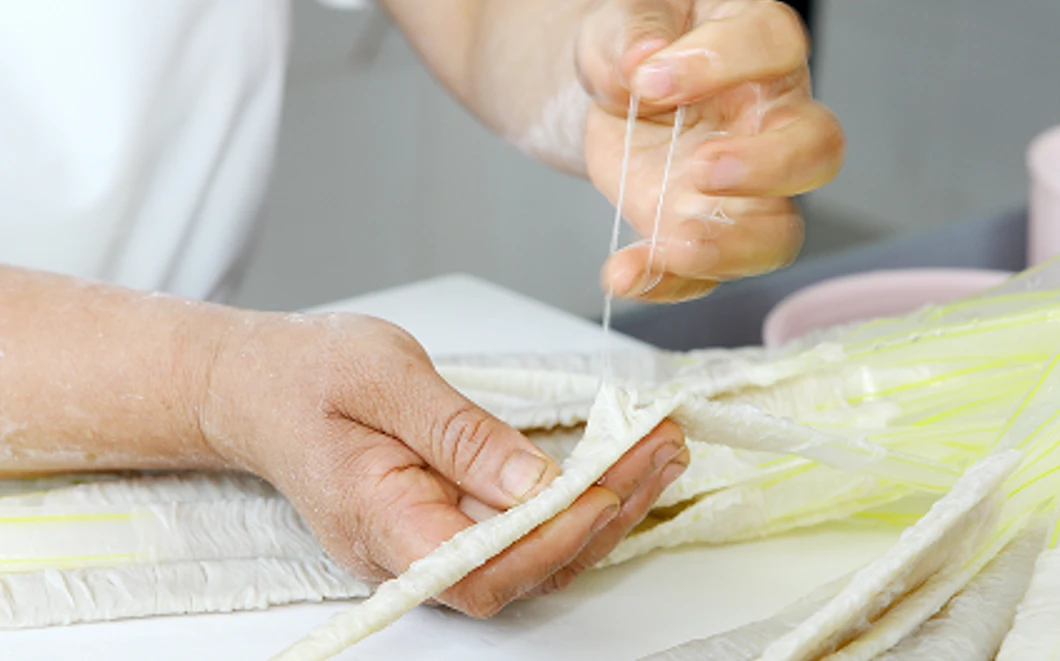Jul . 05, 2025 09:14
- Introduction to 19mm sausage casing exporters
and global market dynamics - Technical superiority of 19mm, 20mm, and 22mm sausage casings
- Comparative analysis of leading exporters
- Customization options and manufacturing processes
- Key quality standards and compliance requirements
- Successful application cases from top industries
- Conclusion: Choosing the right 19mm sausage casing exporters
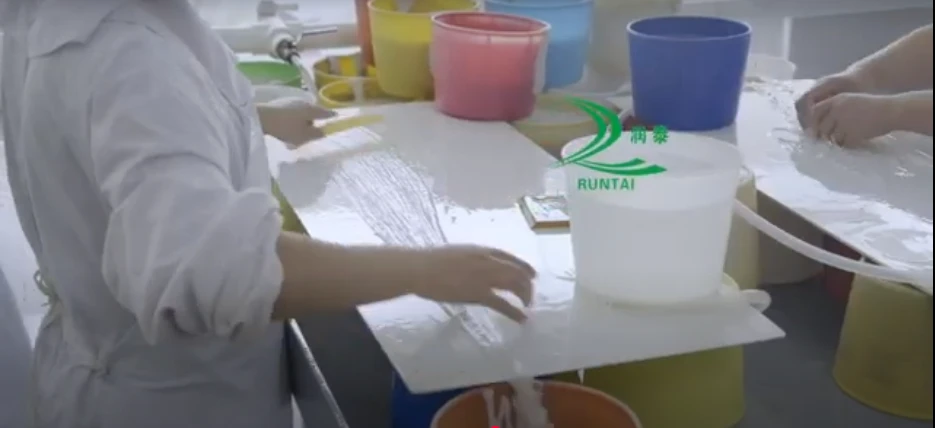
(19mm sausage casing exporters)
Introduction to 19mm Sausage Casing Exporters and Market Growth
As demand continues to surge in the global processed meat industry, 19mm sausage casing exporters have become pivotal players in ensuring supply chain efficiency and product consistency. According to a 2023 Global Sausage Casing Market Report, the market for natural and artificial sausage casings exceeded USD 2.8 billion, with a compound annual growth rate (CAGR) of 5.1% projected through 2028. This expansion is fueled by the increasing consumption of ready-to-eat meat products, particularly in North America, Europe, and emerging markets across Asia-Pacific. Exporters specializing in 19mm, 20mm, and 22mm casing diameters have gained prominence as these sizes align with the requirements of premium sausage varieties for catering, retail, and foodservice brands worldwide. Understanding what distinguishes these exporters is crucial for procurement specialists and food manufacturers seeking to optimize their product portfolios and maintain regulatory compliance.
Technical Superiority of 19mm, 20mm, and 22mm Sausage Casings
The technological advancement in casing manufacturing, especially for 19mm, 20mm, and 22mm sizes, directly influences sausage quality and yield. 19mm sausage casings are especially favored for snack-type sausages, owing to their uniform diameter and consistent strength. Modified collagen and high-grade natural intestines are commonly used materials, both delivering high break resistance—laboratory tensile tests report average burst strengths above 32 N/cm.
For industrial processors, the difference in casing size can determine production efficiency. Larger 20mm and 22mm diameters cater to specialty sausages and promote higher filling rates per minute. Moisture permeability, casing elasticity, and smoke absorption are critical parameters, measured using advanced analytical tools. Leading manufacturers are incorporating real-time optical scanners and AI-supported quality inspection systems to reduce defects below 0.3% per batch.
Innovations like antimicrobial coatings and enhanced flavor retention layers are further propelling product differentiation. These features are often incorporated into the design phase to meet the shifting preferences of global consumers, including the increasing demand for clean-label and allergen-free products.
Exporter Comparison: Performance, Scale, and Certifications
Several exporters dominate the global market, differing in export volumes, certifications, geographical reach, and technological sophistication. The following comparison highlights key metrics among leading 19mm sausage casing exporters and those specializing in 20mm and 22mm:
| Exporter Name | Main Sizes (mm) | Annual Export Volume (Tons) | Key Markets | Certifications | Defect Rate (%) |
|---|---|---|---|---|---|
| PrimeCasing Intl. | 19, 20, 22 | 7,000 | USA, EU, Japan | ISO 22000, BRCGS | 0.25 |
| Global Sausage Tech | 19, 22 | 5,400 | EU, Australia, China | IFS, Halal, Kosher | 0.31 |
| SinoCasing Exporters | 19, 20 | 6,800 | USA, Russia, Middle East | FSSC 22000, FDA | 0.19 |
| Nordic Natural Casings | 20, 22 | 4,200 | Scandinavia, Germany, UK | ISO 9001, Organic | 0.22 |
Strategic partnerships, rapid logistics setups, and robust after-sales service further differentiate exporters. Choosing a partner with transparent traceability systems and supplier audits ensures reliability, lowers recall risks, and enhances brand perception in regulated markets.
Customization Capabilities and Manufacturing Processes
Leading exporters not only offer standard 19mm, 20mm, and 22mm casings but also excel in developing custom solutions for distinct market needs. Customization parameters include tailored diameters, casing wall thicknesses, length per strand, color options, and additive-free formulations. This manufacturing agility is supported by precision extrusion equipment and multi-stage soaking and rinsing facilities that guarantee both consistency and hygiene.
For example, some exporters implement batch-specific QR codes for each production run, enabling downstream clients to access all relevant test data, from microbiological counts to mechanical strength results. The flexibility to produce gluten-free or preservative-free casings on request is increasingly important, aligned with both consumer demand and regulatory shifts.
Streamlined order fulfillment systems minimize lead times, while scalable production lines accommodate urgent bulk orders, seasonal peaks, or limited-edition sausage launches. Exporters who invest in research and co-development with large food brands tend to achieve superior integration with their clients’ innovation pipelines.
Quality Assurance and Global Compliance Requirements
Quality remains the cornerstone for all reputable 19mm sausage casing exporters. International clients demand adherence to standards such as HACCP, ISO 22000, BRCGS, IFS Food, Halal, Kosher, and sometimes region-specific organic regulations. Traceability is enforced using digital batch tracking and unique product identification, essential for swift corrective action if deviations occur.
For instance, EU importers often require documentation of compliance with EC 853/2004 for animal-origin products, while US clients focus on FDA registration and FSMA requirements. Frequent third-party audits validate GMPs, sanitation protocols, and allergen control systems, typically resulting in annual pass rates above 97% among leading exporters.
Exporters are increasingly leveraging cloud-based document management portals, allowing clients real-time access to certificates of analysis, safety data sheets, and compliance attestation. This digitization not only enhances confidence but also speeds up customs clearance and regulatory review.
Showcase: Application Cases from Global Brands
High-quality 19mm, 20mm, and 22mm sausage casings have underpinned commercial successes for numerous food manufacturers. Notable cases include premium meat snack brands in the United States, who achieved a 28% reduction in product recalls after switching to advanced coatings supplied by leading exporters.
In Germany, a specialty sausage producer partnered with a custom-casing supplier to launch an organic, preservative-free line, achieving a national retail penetration rate of 68% within one year. Another European client, seeking to boost flavor differentiation, worked with an exporter to co-develop smoke-permeable casings tailored for artisan cocktails sausages, leading to a gold medal at the International Meat Processing Awards.
Rapid and reliable supply chains are also critical for quick-service restaurant (QSR) brands in Asia-Pacific, where 20mm and 22mm casings support large-format sausages for high-volume menu items. Here, exporters’ just-in-time manufacturing models and robust local warehousing have cut average delivery times by 42 hours.
Conclusion: Selecting 19mm Sausage Casing Exporters for Sustained Growth
The landscape of 19mm sausage casing exporters is defined by technological advancement, rigorous quality standards, and agile customization capabilities. For buyers, the ideal exporter combines proven compliance, traceable processes, and proactive service. Market data and real-world applications consistently show that working with industry leaders delivers distinct advantages—higher product consistency, greater flexibility, and ongoing support in navigating regulatory complexity.
As consumer trends evolve toward safety, transparency, and unique product experiences, collaboration with progressive casing exporters becomes a long-term strategic asset for food manufacturers worldwide.
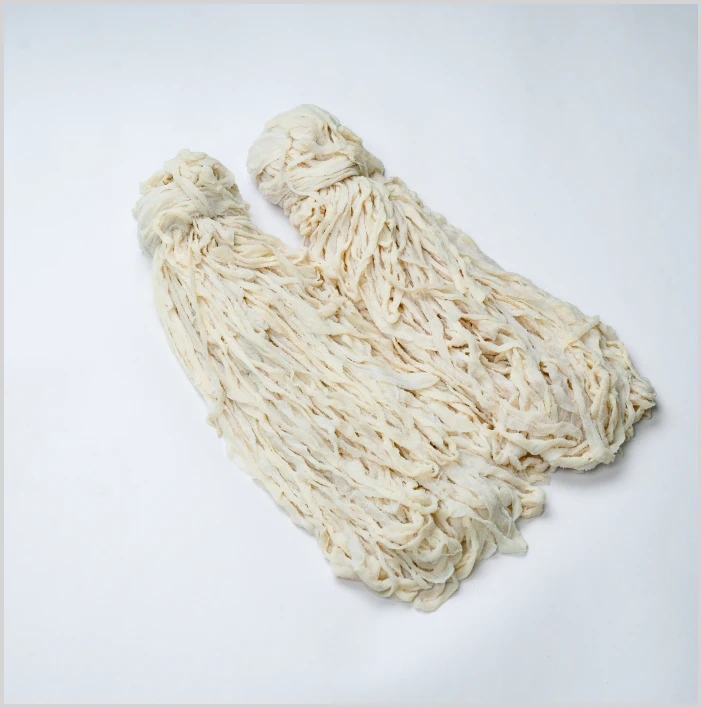
(19mm sausage casing exporters)
FAQS on 19mm sausage casing exporters
Q: What are the main products offered by 19mm sausage casing exporters?
A: 19mm sausage casing exporters primarily supply high-quality sausage casings with a 19mm diameter. They may also offer other sizes and customized options. Their products are suitable for various types of sausages.
Q: Are 20mm sausage casing exporters able to provide bulk orders?
A: Yes, most 20mm sausage casing exporters can handle bulk orders for commercial customers. They ensure consistent quality and competitive pricing. Bulk purchasing often comes with additional discounts.
Q: Do 22mm sausage casing exporters offer natural and artificial casings?
A: 22mm sausage casing exporters typically provide both natural and artificial casings. Customers can choose based on their production needs and preferences. Detailed product specifications are usually available upon request.
Q: Can I request custom labeling from 19mm sausage casing exporters?
A: Many 19mm sausage casing exporters offer custom labeling services. This service caters to private brand or OEM clients. Customization requirements can be discussed directly with the exporter.
Q: What is the standard packaging for sausage casings from exporters?
A: Exporters usually package sausage casings in air-tight, moisture-proof materials. Standard quantities per package vary by size, such as 19mm, 20mm, or 22mm. Packaging options can often be tailored to customer needs.


